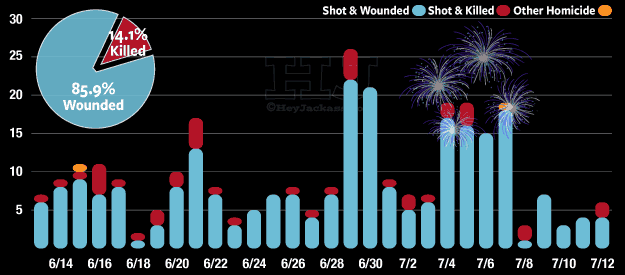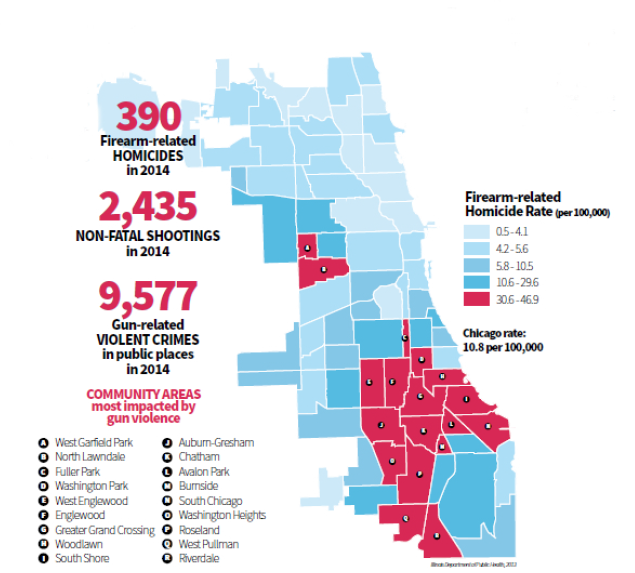Intro Music: SOLO BLUES CONTES
Closing Music: Wolf

Podcast Notes
Introduction: We have a special teller today. I have known him for maybe 20 years now. He has a background in education, marketing, and promotions, but today I’m talking to him about his work as a Law Enforcement source.
Vanessa: So let me get to some law enforcement questions. First of all, there’s a statistic in 2019 here in Chicago. The figures show that the shooting and killings have been 213 till today, the shooting and wounds 914 in a total shooting in the city are 1127 with 235 being homicides. In 2018 the numbers were extremely high. They were almost doubled if not triple. There are a lot of people that live in Chicago, and that live elsewhere that are scared to live here; scared to leave their homes. Some seniors have said and then those that have traveled from other places that want to come to Chicago. They are scared. They are afraid to get shot. What do you say to these people?
Teller: Well, I have heard that ideology before, and it’s one of those things on one side of it. You have a right to know how you feel, but what I found in some of those conversations is that few people have an experience that is triggering that feeling of fear is not just based on the numbers. It’s not based on somebody else experience or with somebody else they heard or thought they saw or with somebody else believes. There are a lot of things. Chicago or city that has crime yet sad crime for decades, that’s just the nature of an urban area, but there’s going to be crimes. Unfortunately, the thought behind it as where is it coming from? Is it coming from their peers? The very people that are scared to go there? And hang out?
Vanessa: Wait, what do you mean by that? When I first moved here because you know, I’m not originally from here. When I first moved here, and I went to one of those agencies for rental property. Do you know? When I was going to grad school, and they said to not go on the Southside or the Westside and to not get near it. You see all that’s happening and you hear all these things outside, but you’re still living in one of the sides. What do you say to those people?
Teller: I say to them to find out from your own experience. Don’t go out just without doing your research. Where did they get that from? You know, were you there? I would see if they’re telling me that the Southside, but experience and challenge it because just because they had a friend that showed them something doesn’t mean ts dangerous. It goes on the reverse because it comes out to be a whole class and race thing. There is a discount between people because now you have two sides.
Vanessa: I understand your view entirely. I have so many questions, so let me see if we can run through them.
 Jackass.com
Jackass.com
Vanessa: I have friends that come into town, and they say, “Let’s go to the south side!” I mean, “oh!
Officer: Find out your level of comfort. You are taking people’s word on it. Where did they get that from? You don’t know their circumstances. To find out for yourself. People can feel how you feel. When you don’t do your research, that’s the issue.
If someone came into town and they said: “I heard the south side is dangerous?”
I would challenge them. I would give them that teachable moment. Just if they had any experience, you can’t say the entire south side is dangerous. I can make that statement in reverse and generalize it. A stereotype may not be who they are or their knowledge, and now you have a disconnect, and it needs to be clarified.
Vanessa: I agree to challenge someone about it. What should we call law enforcement? Cops or Police.
Teller: It doesn’t matter. Cops call other cops, cops. It’s like the same with kids vs. children.
Vanessa: What do you say about the seniors sying cops area an issue? There is fear in the community about cops. There re cops killing black men. What should we tell our kids? Aren’t they suppose to be the good guys?
Tellers: Seniors, you have to think about their age. What is their legacy? What did they do to bring up their past generations? Statistics are an issue. Only 2 percent are black on black crime. How many people did you help bring up? They should have been the advisor, and there should be a disconnect. The police are out to do multiple things. When they are out to engage, it’s not pretty.
Vanessa: What about those that are forced to confess.
Teller: Chicago Police were cameras. They are recorded. If so, they are in some shady situation. People get that from television.
Vanessa: When did they put cameras there?
Teller: For a while.
Vanessa: What about the felonies? They can’t rent, get a job, vote? That happened to rehab them? They may go back to jail.
Teller: It’s not our issue. It’s a court thing; then they do their time. Some organizations can help them. Some have had not done well because of some workers in the organizations. Some want to collect a check. Others have succeeded. It’s not good to generalize. Every arrest is different. Same with every case.
Vanessa: It sounds like it that a lot of people in the community have a lack of knowledge. Thank you for the interview. We will have parts 2 and 3 on a latter-day. If you are interested in asking this teller any questions, please leave a comment below.
 PBS.com
PBS.com
Toggle panel: Yoast SEO

